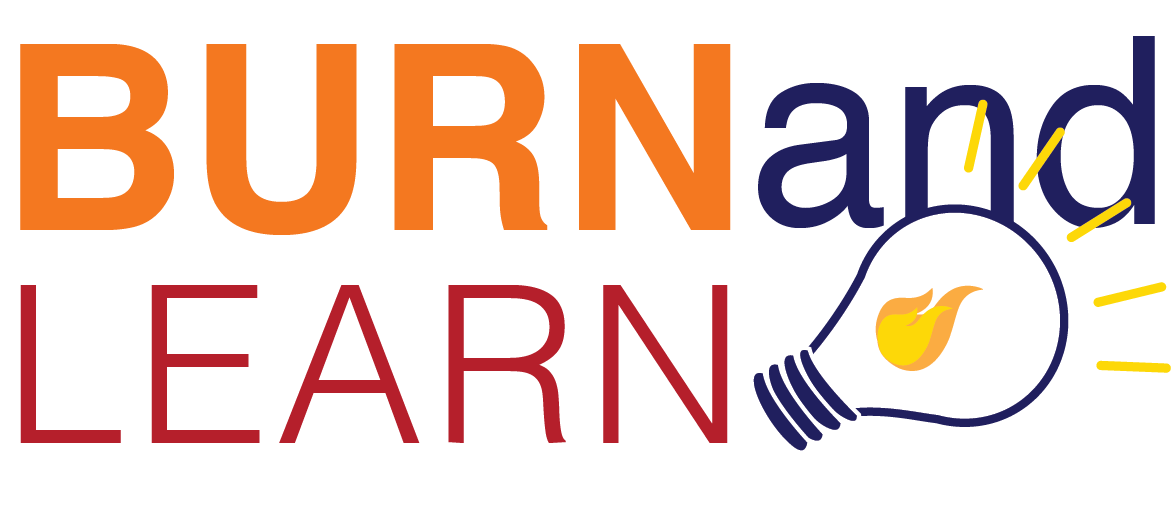BY LISA K. TOLBERT
Aging is inevitable. How we age is largely a product of genetics and the day-to-day choices we make.
Successful aging is defined as the absence of disease and disability, high cognitive and physical function and active engagement with life.
Factors that affect optimal aging include aerobic exercise, resistance exercise, healthy nutrition, adequate sleep, stress management, limited intake of alcohol, preventive medicine, not smoking and early treatment of disease and medical conditions. While some of these factors might be beyond our control, many are not.
Our perceptions largely define our outlook on life and influence every choice we make. It is no secret that if we think something is too difficult for us to do, we are less likely to do it. Feelings of fear, embarrassment or insecurity can prevent us from living our fullest life. While change can be intimidating, it is the one thing that is constant in life. Learning to accept change and work with it can make all the difference in our perception of ourselves and what we can do.
Research has shown that the top aging fears are loss of independence (key issues are health, memory and getting around), having to move into a nursing home, loss of family and friends, and giving up driving. However, the choices we make can alleviate these fears and perhaps eradicate them completely! Exercise is one of the simplest and most effective ways to address these fears head on.
The human body is designed for movement. As we age, we tend to move less. This exacerbates existing conditions we might have developed and accelerates decline. Exercise can increase energy levels, enhance mobility, improve mood and mental health, protect the heart, help manage illness or pain, contribute to maintaining independence, help manage or lose weight and improve brain function/creativity while helping to prevent memory loss and slow cognitive decline as well as the progression of Alzheimer’s disease. Age alone is not a reason to stop growing and changing. While aging does bring with it decline, exercise has been shown to slow that process and to improve overall function.
Traditional thinking has led us to perceive aging as equal to decline. A different perspective is that aging is a time of growth. Traditional descriptors for the older population: senior, beginner, easy does it, gentle. Current descriptors are much more accurate Instead of seniors=older adults who are vibrant, empowered and capable. Changing our perspective is the first step toward living a healthier life. Thinking about the things you CAN do is a positive and empowered approach to change.
Before beginning any exercise program, consult your physician. It’s important to take into consideration any health issues you have and find suitable exercises. Ask for support from family and friends. Consider joining a fitness center and/or hiring a nationally certified personal trainer to assist you in developing a program that is geared specifically toward your needs. Even a short-term membership can yield large benefits. For those who are or have been in physical therapy, making a commitment to continue with those exercises is a great way to continue to build a healthier you.
The American College of Sports Medicine (ACSM) recommends incorporating cardiorespiratory endurance, muscular strength, muscular endurance, flexibility and body composition into the exercise program. Body weight exercises such as squats, lunges, planks and wall sits can increase strength and endurance in the core, hips and legs. For cardiorespiratory exercise, consider walking, group exercise classes, aquatic exercise, bicycling, golf and swimming. Tai Chi, yoga and Pilates are excellent choices for improving strength, flexibility, balance and coordination. Choosing activities you enjoy will make it much easier to stick to a regular program.
Aging might be inevitable, but committing to more movement on a regular basis can make a remarkable difference in the quality of life we have today. Small steps lead to bigger steps and lasting change.
Lisa Tolbert is a graduate of Coker College with a B.S. in physical education, fitness programming. She received her personal training certification from the National Council on Strength and Fitness in June of 2007. She is the fitness services manager at the McLeod Health & Fitness Center. In her 11 years of employment with the fitness center, Lisa has focused primarily on training the post-rehabilitative and senior populations. This is her fourth year as a trainer for Florence’s Biggest Loser.
